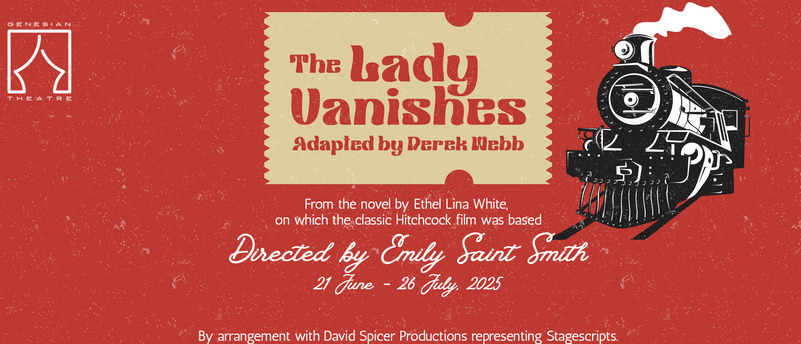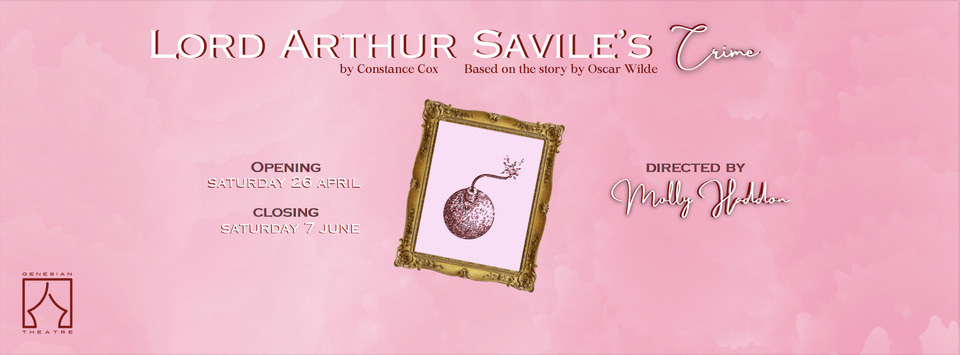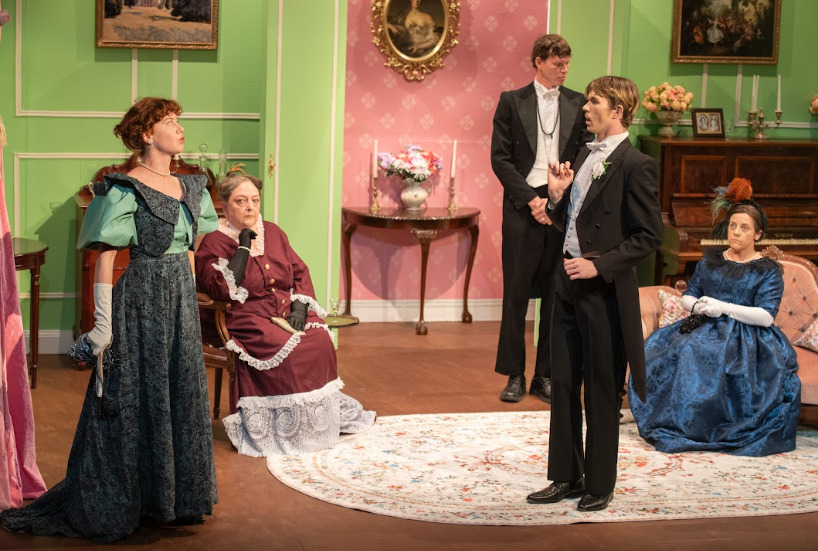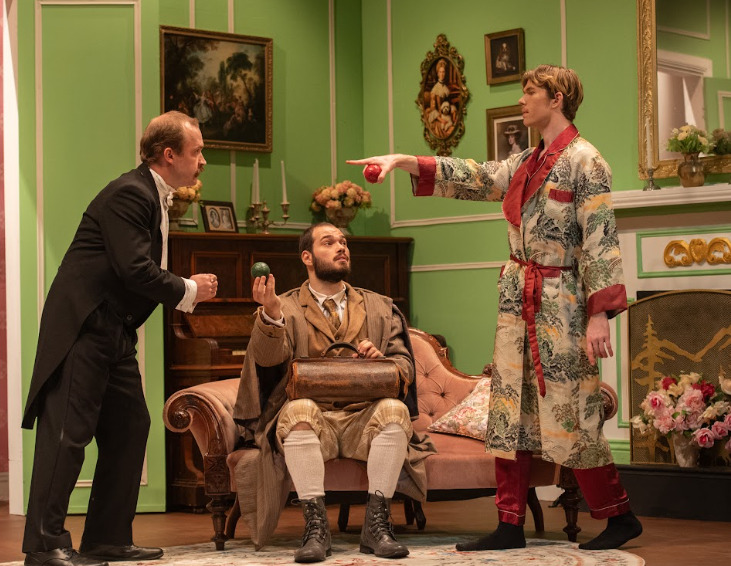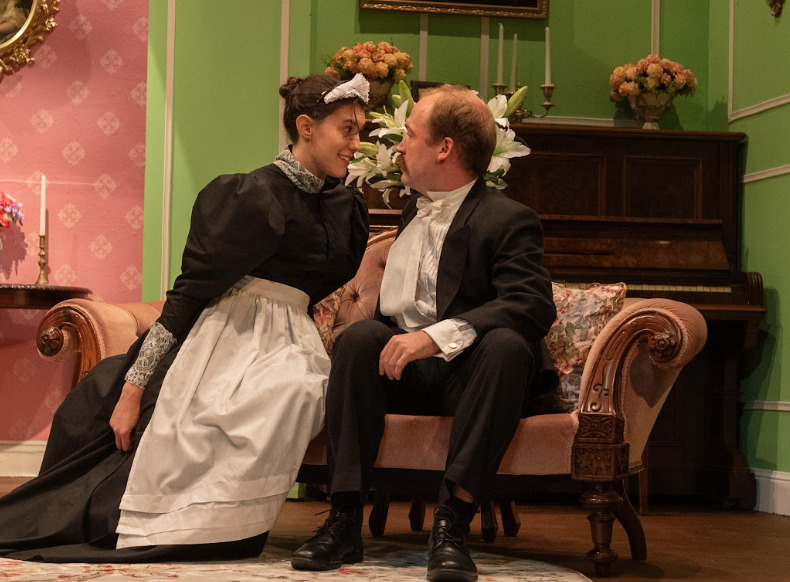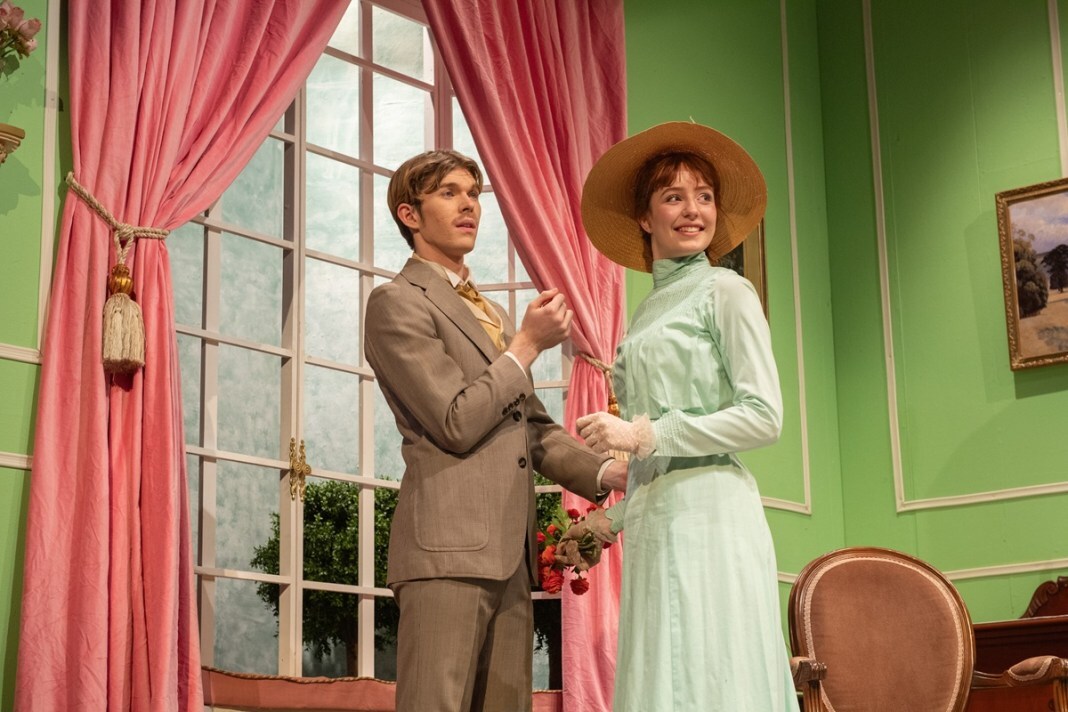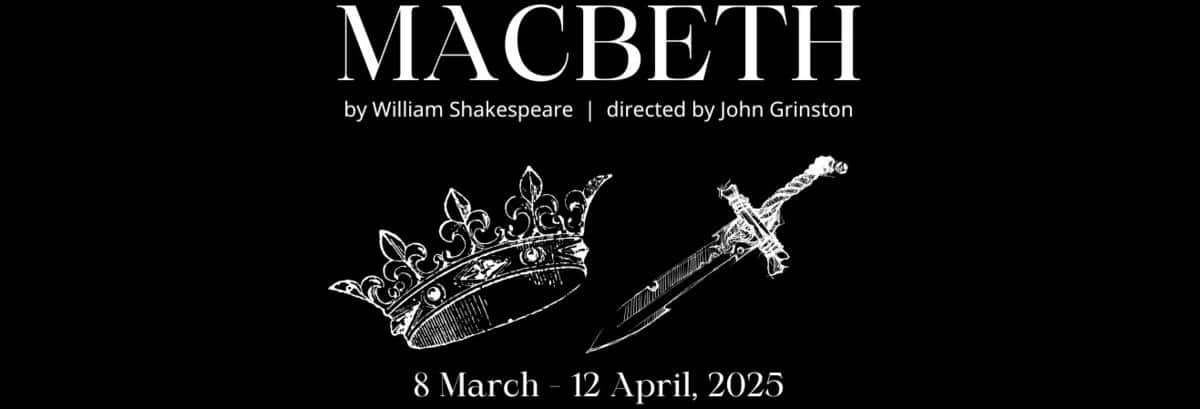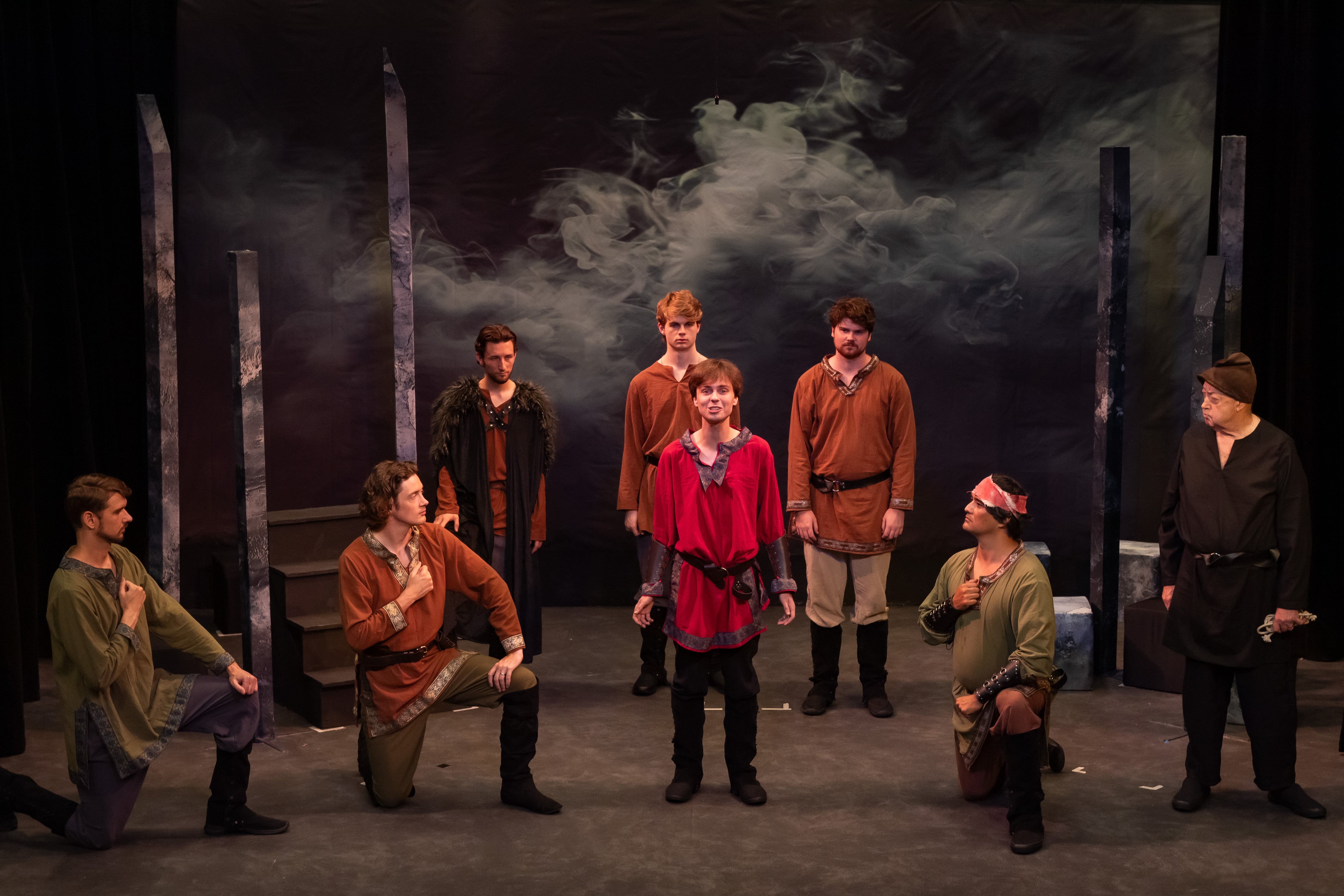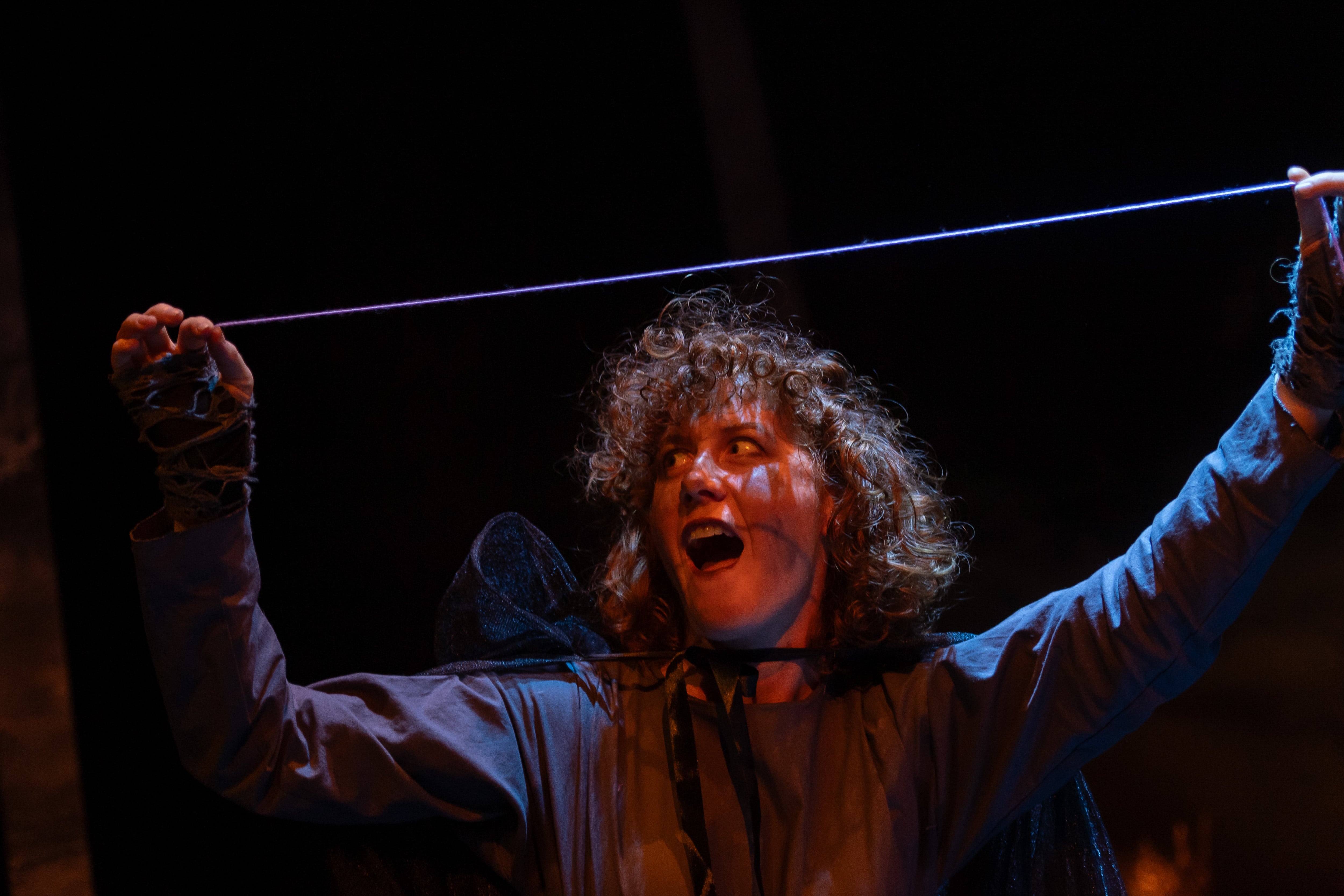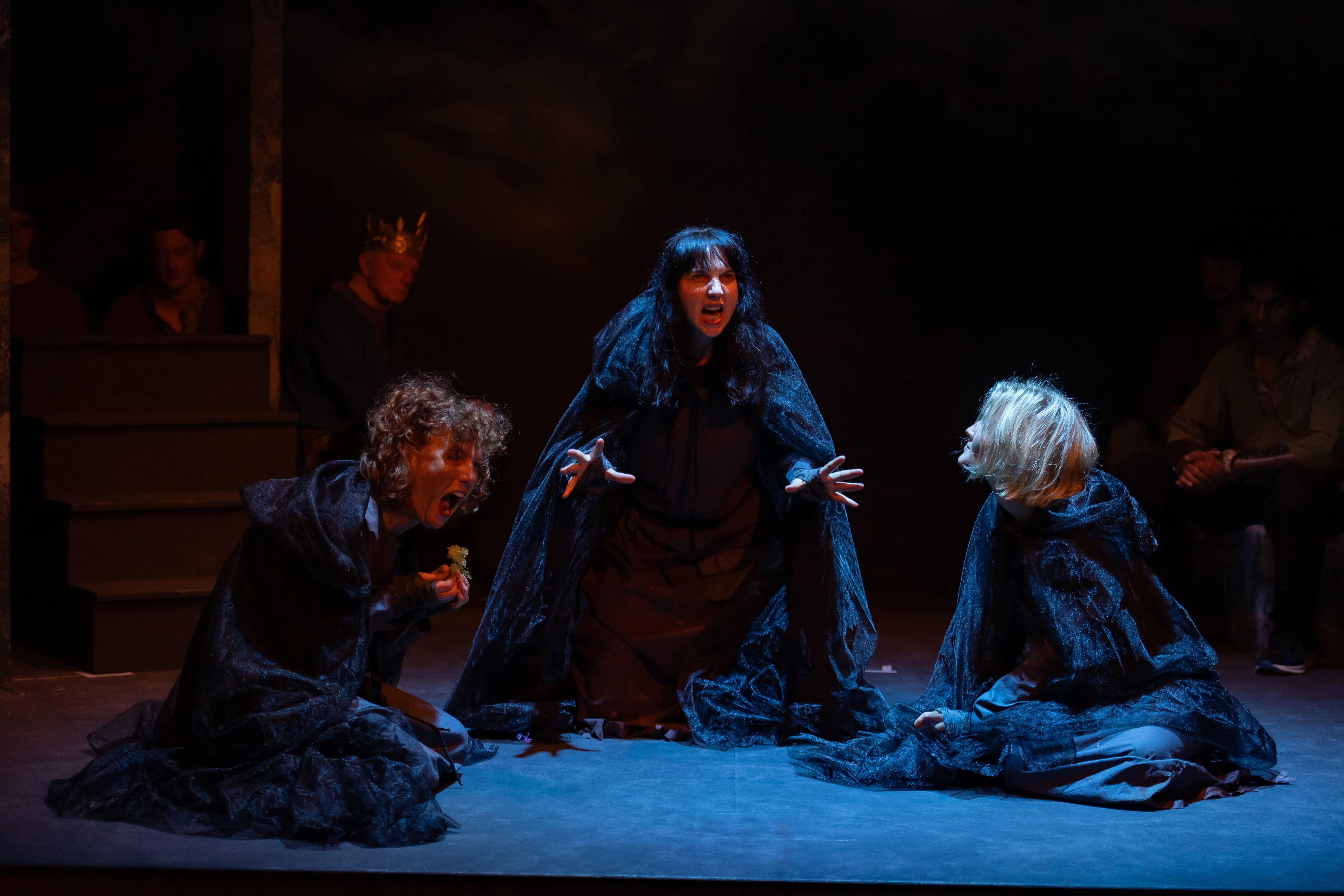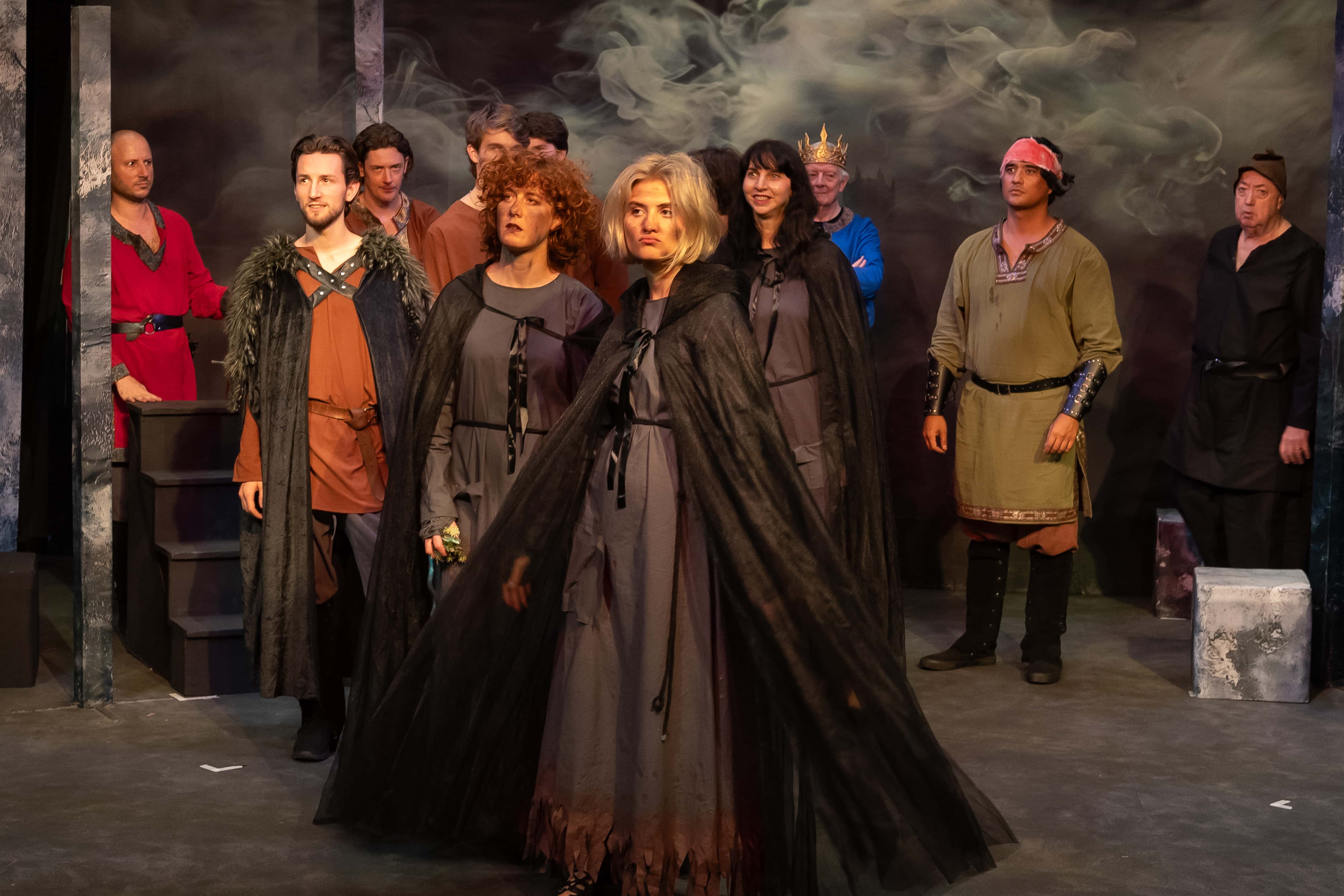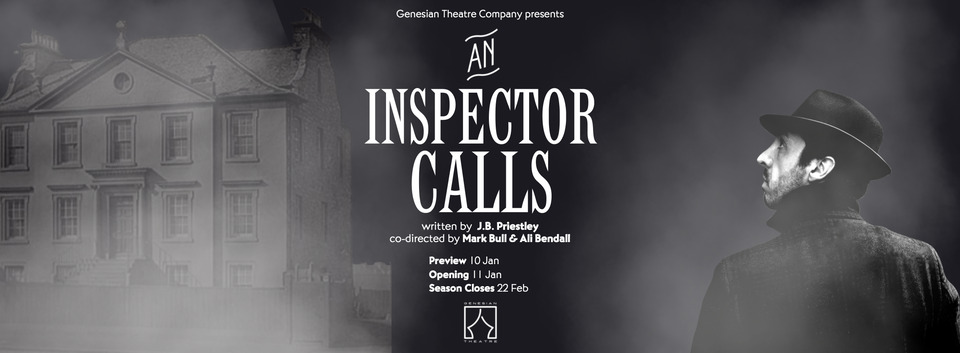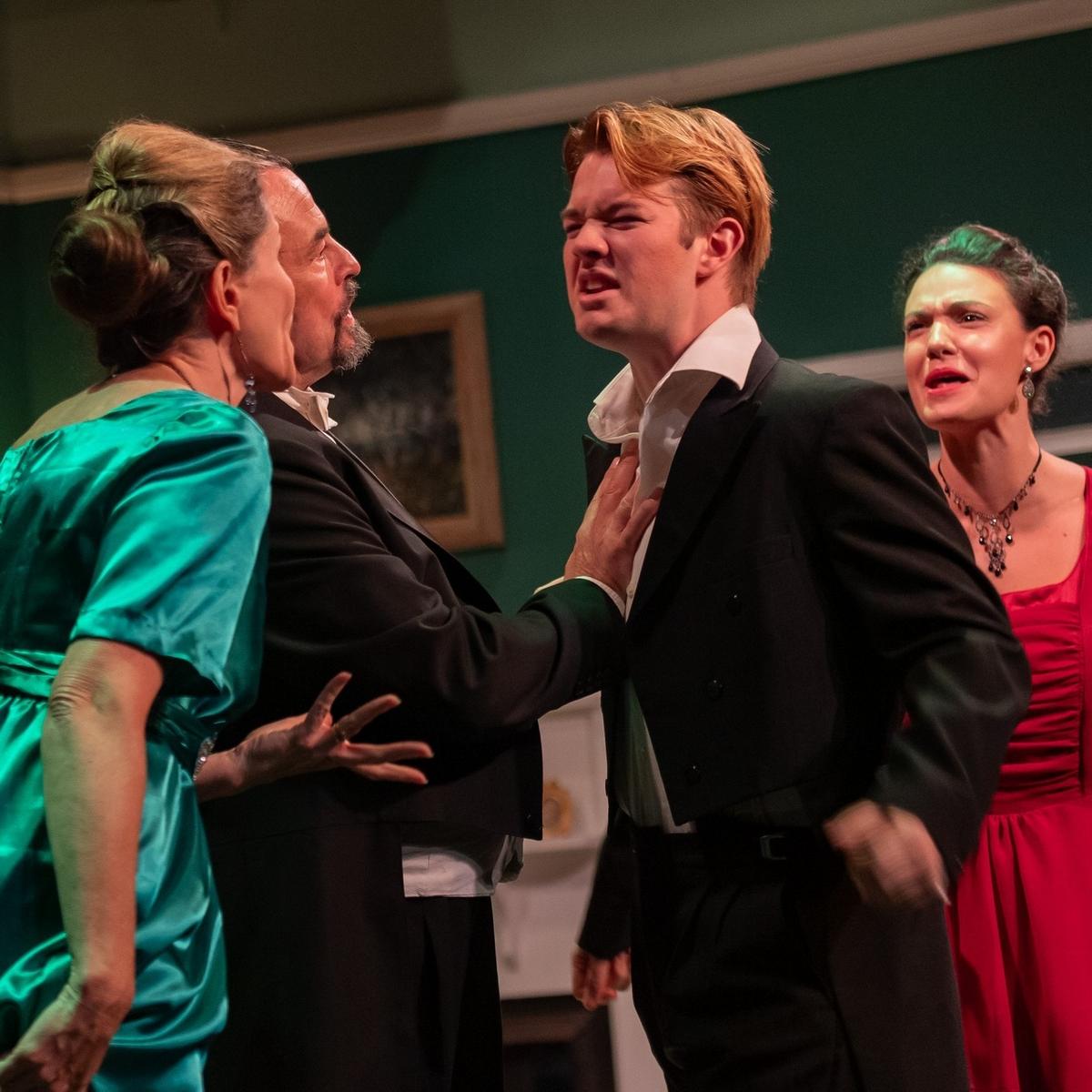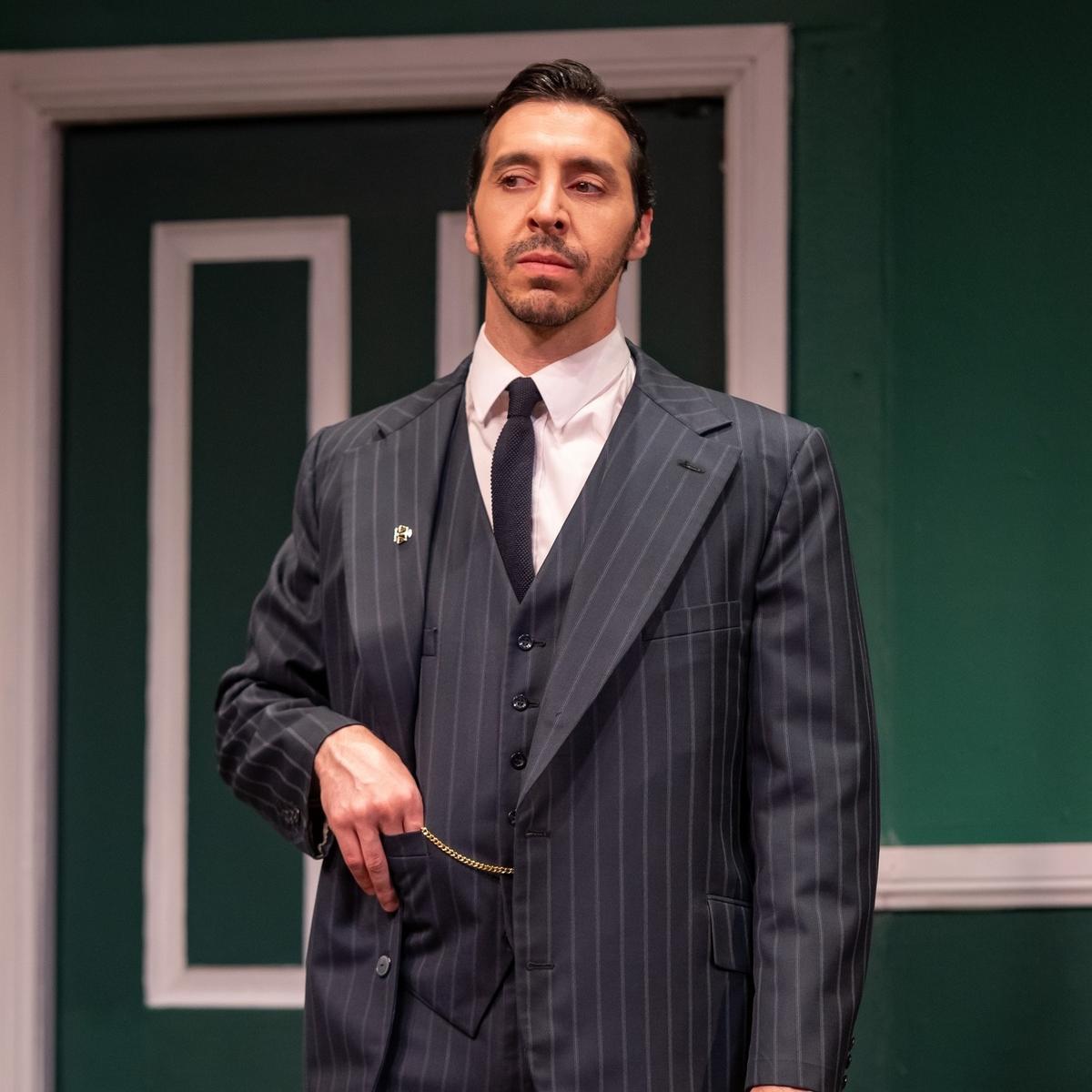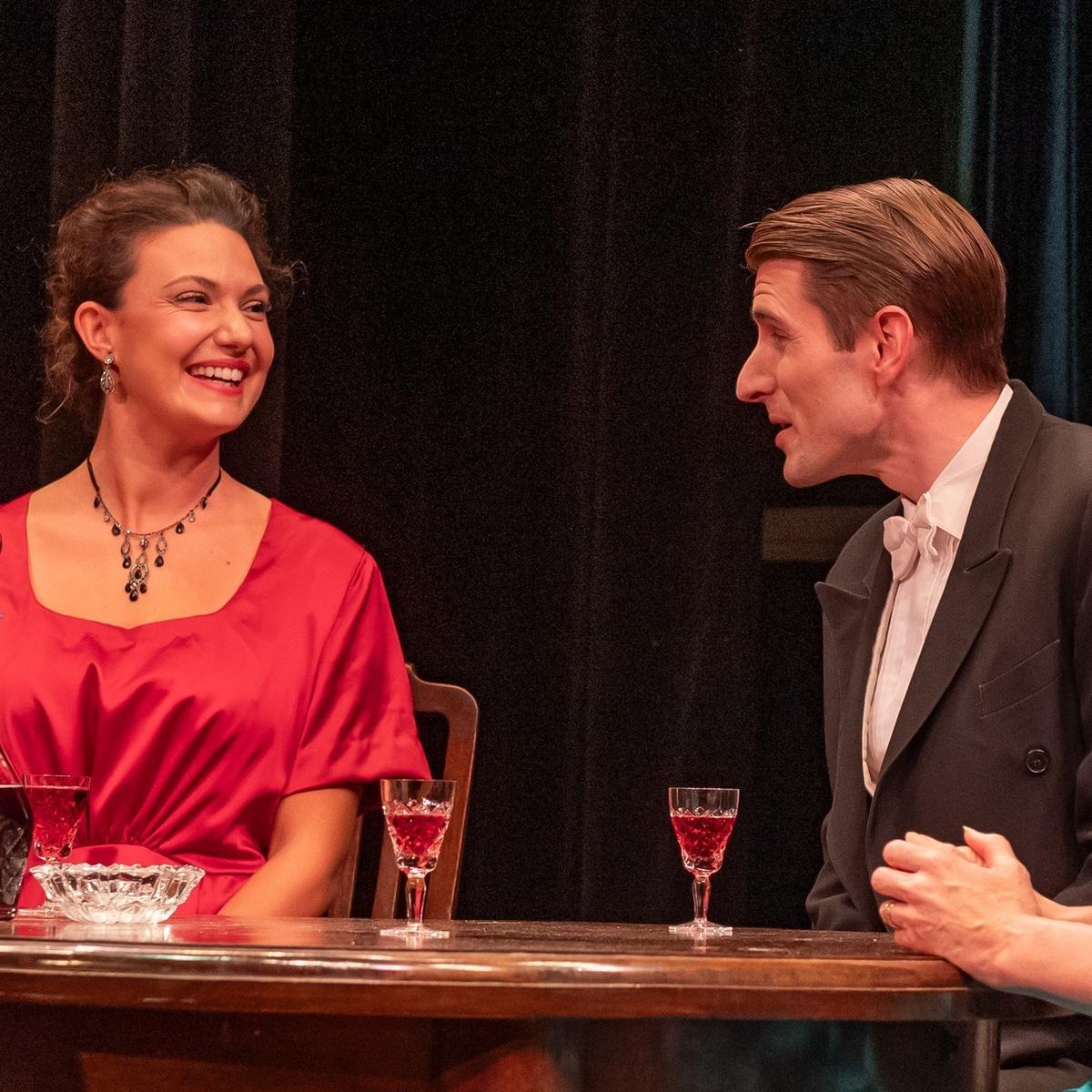Celebrating its 80th year in style and in a brand-new theatre space, the Genesian Theatre Company presents – The Lady Vanishes, adapted by Derek Webb from the novel on which the Alfred Hitchcock’s classic 1938 film was based.
This production is a nostalgic and atmospheric journey back to a time of intrigue and stiff upper lips – all aboard a European train where one woman vanishes and everyone seems to be hiding something.
The ingenuity of the staging cannot be overstated. The design team masterfully evokes the confined, shifting world of a train carriage through clever use of sliding compartment doors and evocative soundscapes. Seamlessly moving the action from the dining car to corridor to first class, the production invites the audience to feel like passengers themselves, peering down corridors and eavesdropping on hushed conversations. This immersive approach is one of the production’s strongest assets, providing a dynamic sense of movement and urgency.


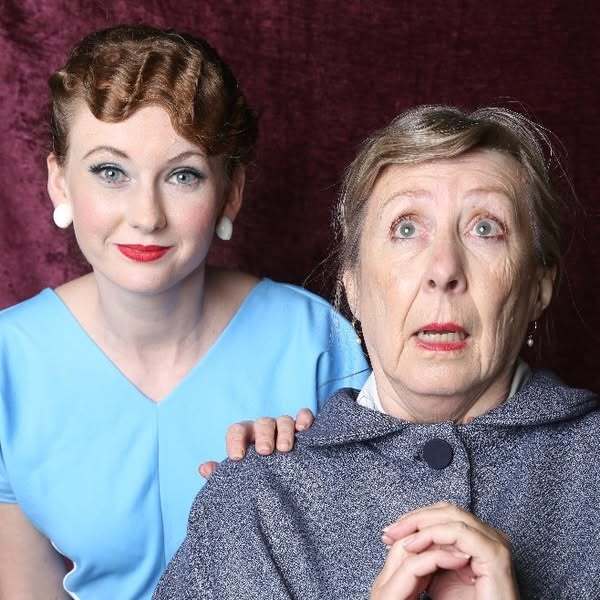
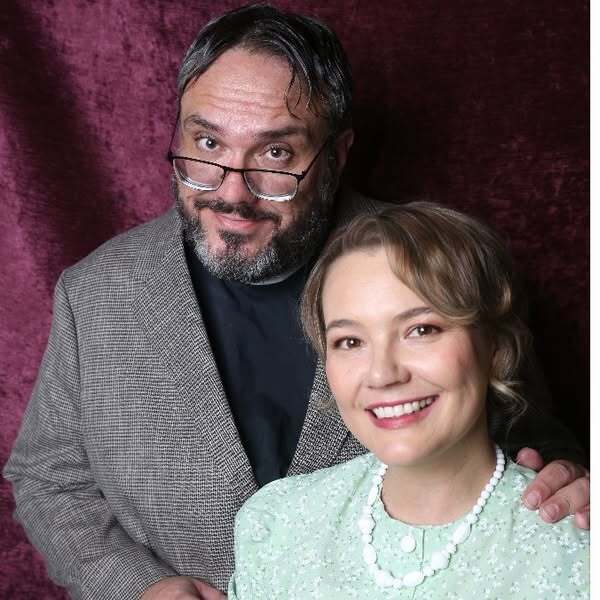
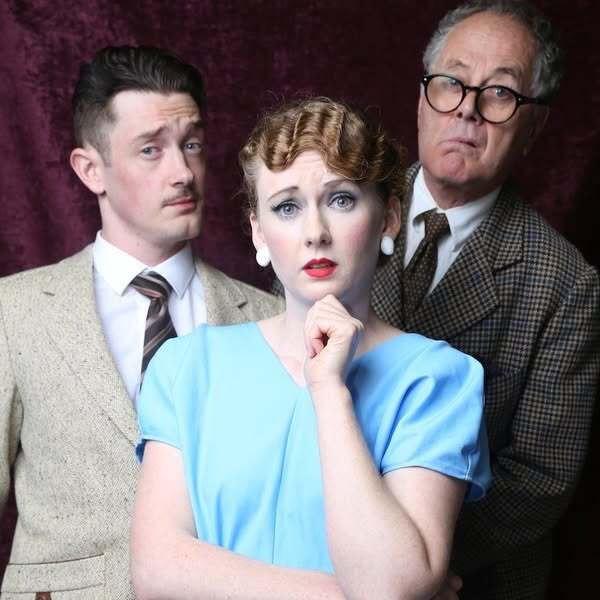
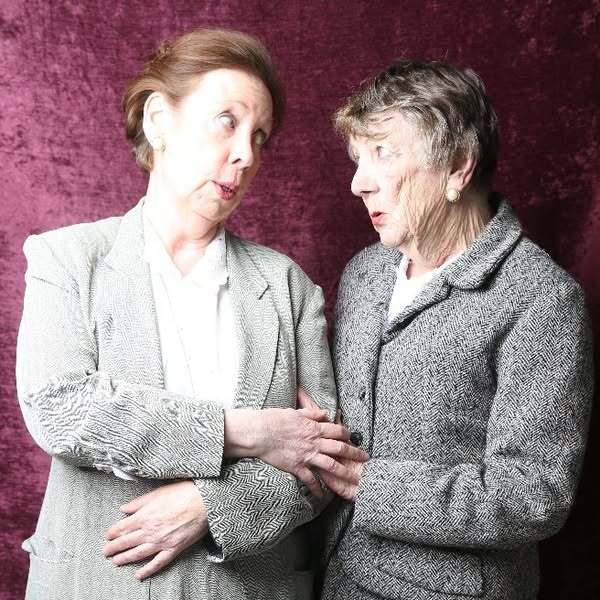
The story itself remains a compelling whodunit, as Iris Carr – on her journey home – becomes increasingly frantic when a fellow passenger, the governess Miss Froy, mysteriously disappears. What follows is a delightful unraveling of truth and deception, as each character’s potential motive for denial (or deceit) is revealed. The play cleverly engages the audience, turning us into sleuths trying to piece together the puzzle.
Tonally, however, the production feels somewhat uneven. Some actors leaned heavily into broad caricature, while others remained grounded in more traditional realism. This dichotomy occasionally pulled focus from the central tension of the plot.
That said, several performances stood out. The sister duo Evelyn and Rose brought genuine laughs with their dry wit and impeccable timing, while Mrs Barnes was a wonderfully nervous delight. In the central role, Iris Carr shone brightest when allowed to play her role with sincerity and emotional depth.
The Lady Vanishes is a joy to watch and the Genesian’s new theatre space is a fitting stage for this lively, imaginative production – a celebration of the company’s legacy and a testament to the enduring power of classic storytelling. Here is to 80 more years to come!
To book tickets to The Lady Vanishes, please visit https://www.genesiantheatre.com.au/.
